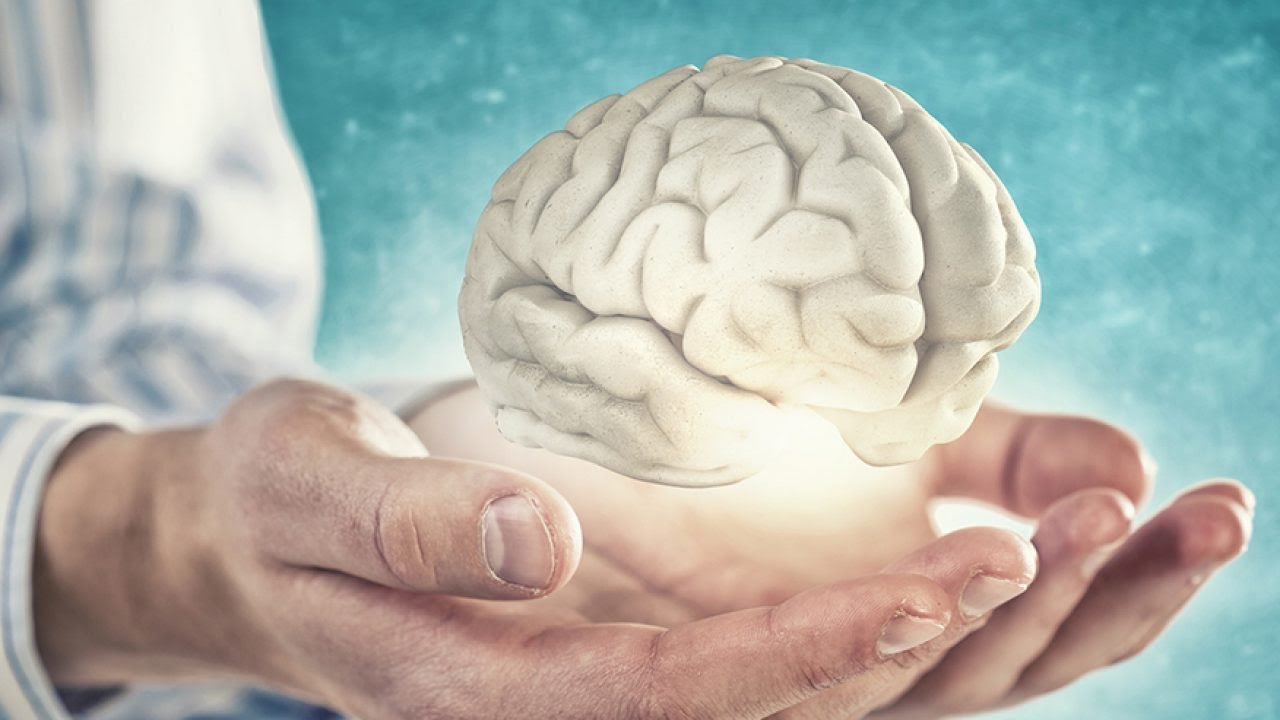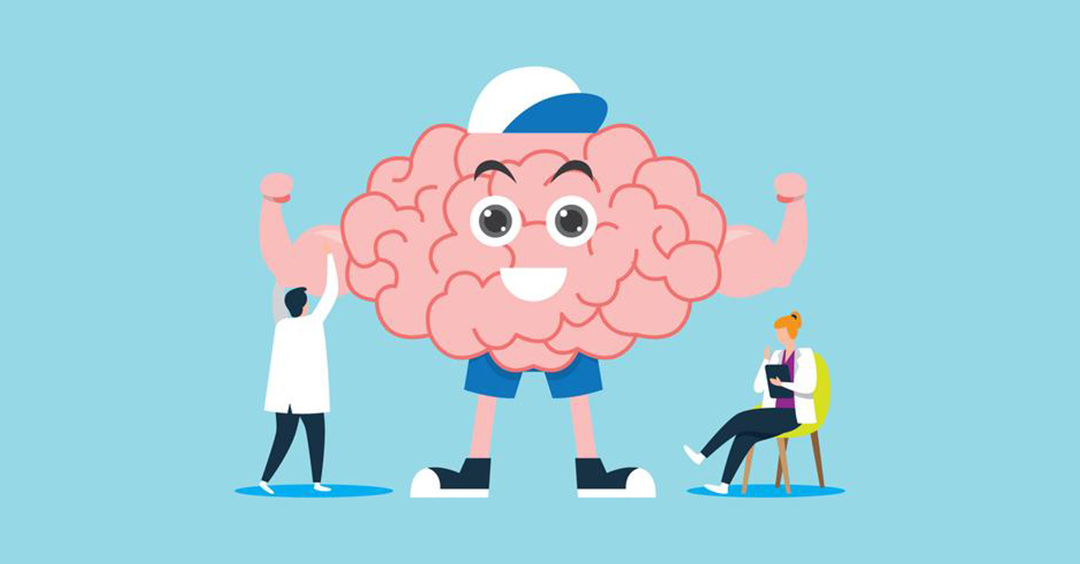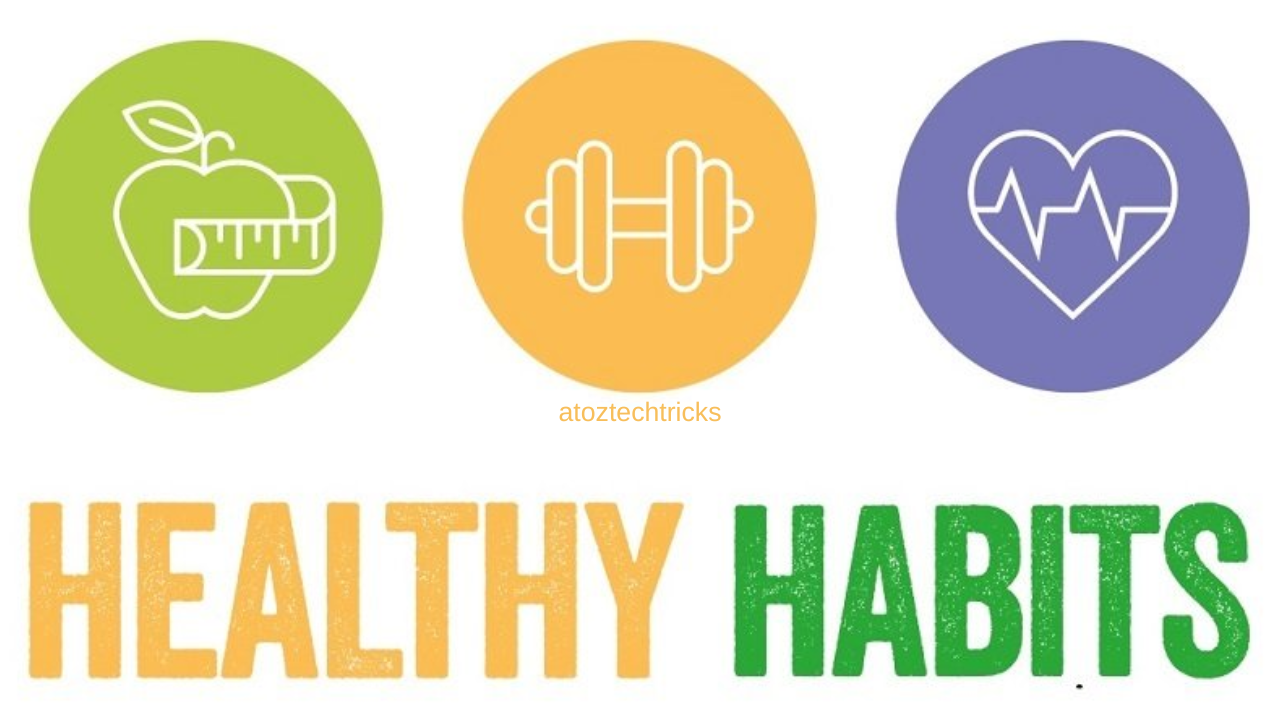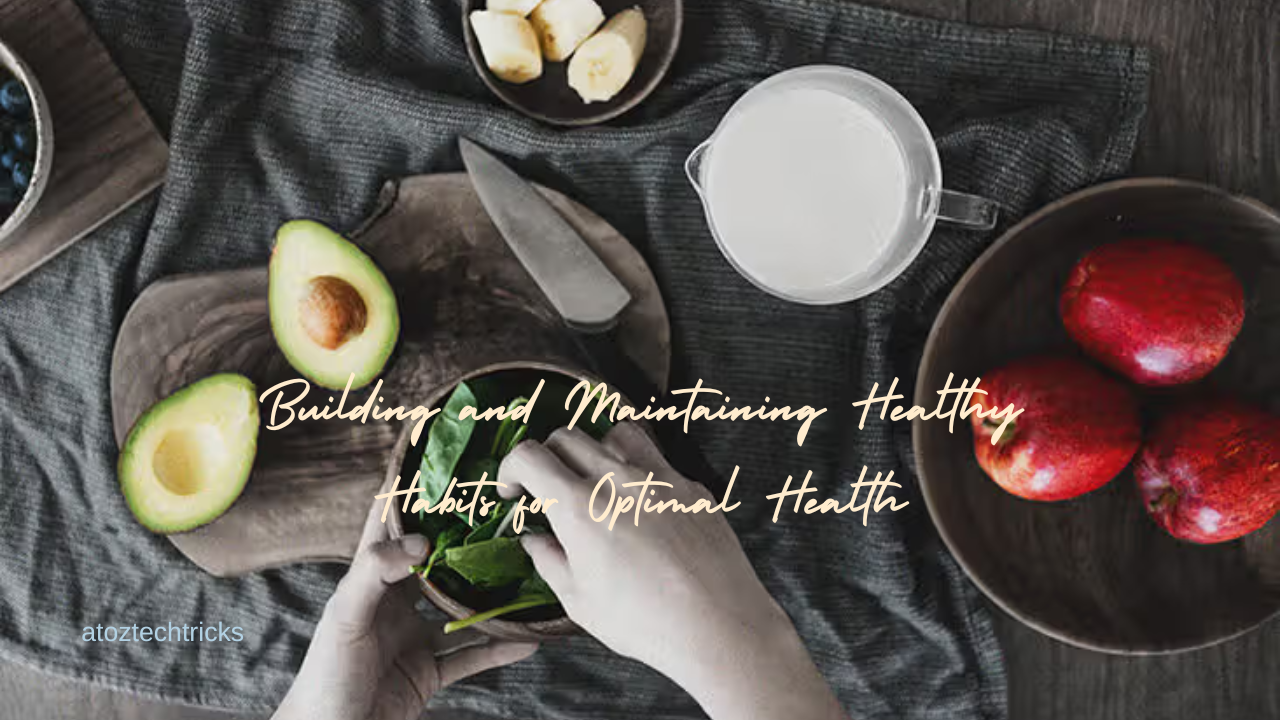Daily Habits for a Strong Mind and Body
Maintaining a strong and healthy mind and body is crucial for overall well-being and productivity. Achieving this requires more than just occasional effort; it involves incorporating daily habits that support physical health, mental clarity, and emotional resilience. In this article, we’ll explore key daily habits that can help you cultivate a stronger mind and body, ultimately leading to a more balanced and fulfilling life.
1. Prioritize Quality Sleep
The Importance of Sleep
Sleep is fundamental to both physical and mental health. It is during sleep that the body undergoes critical repair processes, and the brain consolidates memories and processes emotions. Quality sleep supports cognitive functions such as attention, problem-solving, and emotional regulation.
Tips for Improving Sleep Quality
- Establish a Consistent Sleep Schedule: Go to bed and wake up at the same time every day, even on weekends. This helps regulate your body’s internal clock.
- Create a Relaxing Bedtime Routine: Engage in calming activities before bed, such as reading a book, taking a warm bath, or practising relaxation exercises.
- Optimize Your Sleep Environment: Ensure your bedroom is dark, quiet, and cool. Invest in a comfortable mattress and pillows.
- Limit Exposure to Screens: Avoid screens (phones, computers, TVs) at least an hour before bedtime, as the blue light can interfere with melatonin production.
2. Maintain a Balanced Diet
The Role of Nutrition
A well-balanced diet provides the essential nutrients needed for optimal brain function and physical health. Nutrient-rich foods support energy levels, mood stability, and overall bodily functions.
Healthy Eating Habits
- Incorporate a Variety of Foods: Include fruits, vegetables, whole grains, lean proteins, and healthy fats in your diet. A diverse diet ensures you receive a broad spectrum of nutrients.
- Stay Hydrated: Drink plenty of water throughout the day. Hydration is crucial for cognitive function, energy levels, and physical performance.
- Practice Portion Control: Be mindful of portion sizes to prevent overeating and maintain a healthy weight.
- Limit Processed Foods: Minimize the intake of sugary, salty, and highly processed foods, as they can negatively impact health.

3. Engage in Regular Physical Exercise
Benefits of Physical Activity
Regular exercise is essential for physical health and mental well-being. It helps improve cardiovascular health, strengthen muscles, enhance mood, and reduce stress.
Types of Exercise to Include
- Aerobic Exercise: Activities such as walking, running, cycling, or swimming improve cardiovascular health and endurance.
- Strength Training: Incorporate resistance exercises like weight lifting or bodyweight exercises to build muscle strength and support metabolic health.
- Flexibility and Balance: Activities such as yoga or stretching enhance flexibility, balance, and overall mobility.
- Consistency Over Intensity: Aim for at least 150 minutes of moderate aerobic activity or 75 minutes of vigorous activity per week, combined with muscle-strengthening activities on two or more days a week.
4. Practice Mindfulness and Meditation
Benefits of Mindfulness
Mindfulness and meditation practices are known to reduce stress, improve emotional regulation, and enhance overall mental clarity. They encourage a deeper connection with the present moment and promote relaxation.
Techniques to Get Started
- Mindful Breathing: Practice focusing on your breath for a few minutes each day. This simple technique can help calm the mind and reduce stress.
- Guided Meditation: Use meditation apps or online resources to follow guided sessions, which can help you learn various techniques and find what works best for you.
- Mindful Eating: Pay attention to the taste, texture, and aroma of your food. Eating mindfully can improve digestion and help prevent overeating.
- Gratitude Practice: Spend a few minutes each day reflecting on things you’re grateful for. This practice can shift your focus from negative thoughts to positive aspects of your life.
5. Foster Strong Social Connections
The Importance of Social Support
Social connections play a significant role in mental health and overall well-being. Positive relationships provide emotional support, reduce feelings of loneliness, and contribute to a sense of belonging.
Building and Maintaining Relationships
- Stay Connected: Make an effort to maintain regular contact with friends and family. Schedule time for social activities, whether in person or virtually.
- Communicate Openly: Share your thoughts and feelings with trusted individuals. Open communication can strengthen relationships and provide emotional support.
- Participate in Group Activities: Join clubs, classes, or community groups that align with your interests. Engaging in group activities can help you meet new people and build connections.
- Offer Support to Others: Providing support to friends or family members can enhance your sense of fulfilment and strengthen your social bonds.
6. Manage Stress Effectively
Understanding Stress
Stress is a natural response to challenging situations, but chronic stress can negatively impact both mental and physical health. Learning to manage stress effectively is essential for maintaining overall well-being.
Stress Management Techniques
- Time Management: Organize and prioritize your tasks to reduce feelings of overwhelm. Break tasks into smaller, manageable steps and set realistic deadlines.
- Relaxation Techniques: Practice techniques such as deep breathing, progressive muscle relaxation, or visualization to calm the mind and body.
- Physical Activity: Regular exercise is a powerful stress reliever. Find activities that you enjoy and incorporate them into your routine.
- Seek Professional Help: If stress becomes overwhelming, consider speaking with a mental health professional. Therapy or counselling can provide valuable tools and support for managing stress.

7. Engage in Lifelong Learning
The Benefits of Continuous Learning
Engaging in lifelong learning stimulates the brain, enhances cognitive function, and can provide a sense of accomplishment. It keeps the mind active and curious, contributing to overall mental sharpness.
Ways to Incorporate Learning
- Read Regularly: Make time for reading books, articles, or journals on topics that interest you. Reading broadens knowledge and improves cognitive function.
- Take Courses: Enroll in online or in-person courses to learn new skills or explore new subjects. Many platforms offer courses on a wide range of topics.
- Attend Workshops and Seminars: Participate in workshops or seminars related to your interests or professional field. These events can provide valuable insights and networking opportunities.
- Practice Hobbies: Engage in hobbies that challenge your creativity and problem-solving skills. Hobbies such as painting, playing a musical instrument, or solving puzzles can stimulate the mind.
8. Set and Pursue Personal Goals
The Role of Goal Setting
Setting and pursuing personal goals provides direction and motivation. Goals help you focus on what is important to you and create a sense of purpose.
Effective Goal Setting
- Set Specific and Achievable Goals: Clearly define your goals and ensure they are realistic and attainable. Use the SMART criteria (Specific, Measurable, Achievable, Relevant, Time-bound) to guide your goal-setting process.
- Break Goals into Smaller Steps: Divide larger goals into smaller, manageable tasks. This approach makes it easier to track progress and maintain motivation.
- Track Your Progress: Regularly review your goals and track your progress. Adjust your plan as needed and celebrate your achievements along the way.
- Stay Flexible: Be open to revising your goals if circumstances change. Flexibility allows you to adapt to new situations and continue moving forward.
Supporting Others in Developing Healthy Habits: A Comprehensive Guide
9. Cultivate Positive Thinking
The Power of a Positive Mindset
Positive thinking influences how you perceive and respond to challenges. It enhances resilience, reduces stress, and contributes to overall mental well-being.
Strategies for Developing a Positive Mindset
- Challenge Negative Thoughts: Identify and challenge negative thoughts or beliefs. Replace them with more positive and realistic perspectives.
- Surround Yourself with Positivity: Engage with people who uplift and support you. Limit exposure to negative influences or environments.
- Practice Self-Compassion: Treat yourself with kindness and understanding. Acknowledge your efforts and progress, and avoid self-criticism.
- Focus on Solutions: When faced with challenges, concentrate on finding solutions rather than dwelling on problems. This proactive approach can foster a more positive outlook.
10. Practice Self-Care and Personal Time
The Importance of Self-Care
Self-care involves taking deliberate actions to maintain and improve your physical, mental, and emotional well-being. It is essential for preventing burnout and maintaining a healthy balance in life.
Self-Care Tips
- Schedule Personal Time: Set aside time each day or week for activities that you enjoy and that help you relax. This could include reading, hobbies, or simply unwinding.
- Engage in Relaxing Activities: Incorporate activities that promote relaxation and well-being, such as listening to music, taking a bath, or spending time in nature.
- Practice Mindfulness: Incorporate mindfulness practices into your daily routine. This can help you stay present and reduce stress.
- Seek Balance: Strive for a balanced life by managing work, family, and personal time effectively. Avoid overcommitting and prioritize activities that align with your values and goals.

Incorporating these daily habits into your routine can significantly contribute to a stronger mind and body. By prioritizing quality sleep, maintaining a balanced diet, engaging in regular exercise, and practising practisings, you can enhance your overall well-being. Building strong social connections, managing stress, and pursuing lifelong learning further support mental and physical health. Setting personal goals, cultivating positive thinking, and practising complete the foundation for a more balanced and fulfilling life. Embrace these habits, and you’ll be on your way to achieving a healthier, happier you.




Post Comment